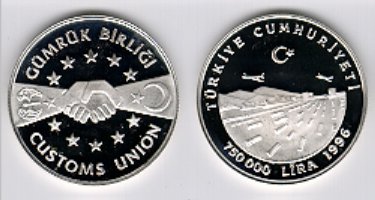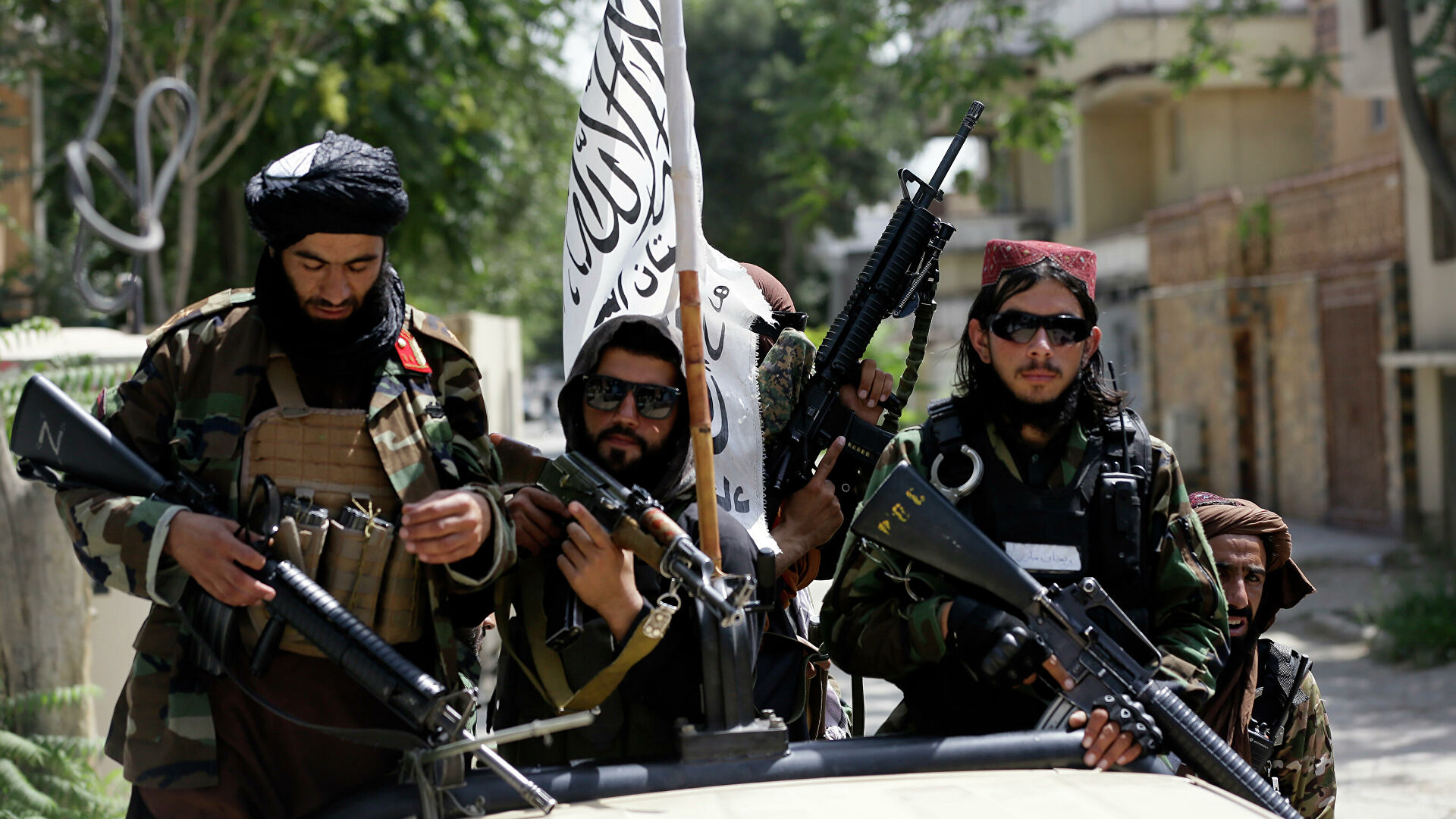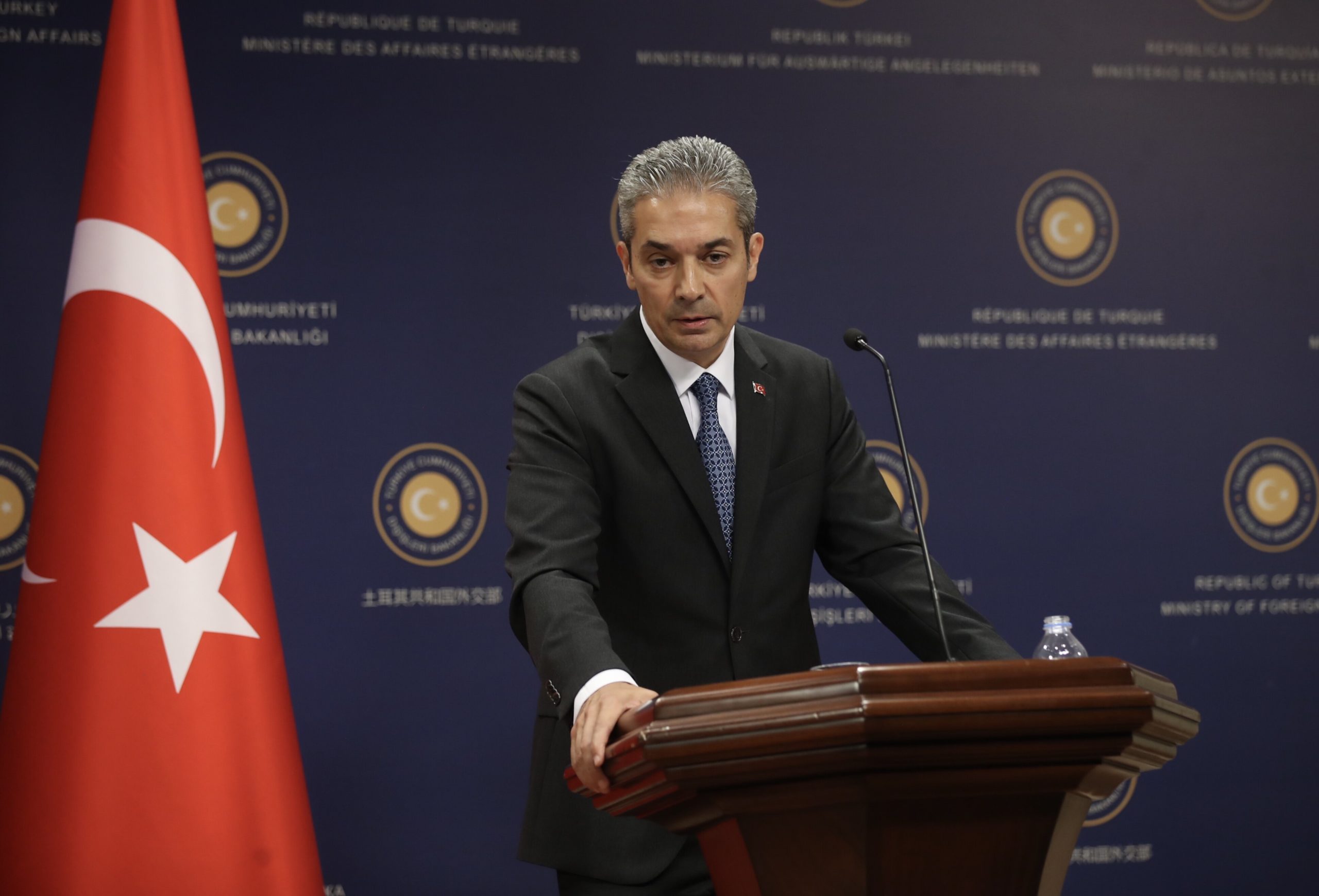Also read: TURKISH FOREIGN POLICY IN POST COLD WAR ERA-1
a.2. Turkey’s Position at the Second Gulf War
The trigger led to gain speed of International Relations became the 9/11 attacks undertaken by Al-Qaida in 2001. With the son Bush’s administration the United States has changed her security perceptions in her foreign affairs policies by putting the security precautions forward.
Turkey became the focal point again of the US Administration and Pentagon but owing to disagreements and some non-understandable points between Turkish and American sides, pushed Turkish politicians to stay abstain or negative upon the expected allowance which was going to be given by the Turkish Grand National Assembly (TGNA) to the United States of America in order to use Turkish lands for the invasion of Iraq. On March 1st, 2003 Resolution of TGNA did not allow the American Army to use Turkish lands for an aforementioned operation that may be occurred against Iraq. This development affected Turkish-American relations’ future for a while.
The full name of the parliamentary resolution was “Premiership Resolution in order to give permission to the Turkish government to send Turkish Army Forces to foreign countries and the existence of the foreign forces in Turkey”. One of his speeches, Current President of Turkey Recep Tayyip Erdogan mentioned the following sentences about the rejected resolution on March 1st, “ We don’t want to feel the same mistake in Syria that we obliged to make in Iraq before. I was accompanied by the Resolution, the people who were against this did not declare their objection clearly. If the March 1st Resolution accepted for the first time and Turkey was in Iraq, Iraq’s situation would not be like this and Turkey would be in the table.”[1]

In addition to that, a question directed to that era’s Chief of General Staff Hilmi Ozkok has clearly mentioned these sentences in a Court that he was there as a witness, “Secretary of National Defence Paul Wolfowitz wanted me to push to the government but I did not do. I just told my ideas about the security upon the approval or objection of the Resolution in conversations. I did not choose the way of affecting the political decisions by pushing the government.”[2]
Upon these arguments, by the following days, the United States has invaded Iraq on March 20th, 2003.
Turkey – European Union Relations
After the rejection of Turkey’s full membership application in 1989 by the Commission, Turkey, and European Union relations proceeded slower until the 1996 Customs Union Agreement. By this development, Turkey was in the last stage before having full membership of the European Union according to the Ankara Agreement signed in 1963.[3]

Copenhagen Criteria[4] declared in 1993 in Copenhagen Summit by EU was the new achievement that Turkey has to achieve to be a part of the Union. However, beyond all of these conditions, the European Union expects Turkey to solve her problems with Armenia and Greece.[5] Due to the advantageous positions that Greece and Southern Cyprus Greek Administration have in the EU and their expectations in order to solve the Cyprus issue for behoof of themselves put Turkey away from the European Union. Furthermore, the conflict which has been happening between Azerbaijan and Armenia[6], Turkey’s position next to Azerbaijan and the so-called Armenian Genocide issue interrupted of improving relations between Turkey and Armenia.
Thus, the European Union and Turkey are still having problems in order to meet at a common point for the membership of Turkey.
Turkey – Syria Relations
Relations between Syria and Turkey started to be normalized by the Adana Agreement signed in 1998 about the Cooperation in Security and against terrorist organizations.[7] Until that time we can not define Turkey-Syria relations as a perfect neighborhood relationship. Relations gained speed especially after the death of the Hafez al Asad and at the his son’s, Bashar al Asad’s governance.
There were three major problems between Turkey and Syria. These problems were water issue especially about the Dam Projects of Turkey, Euphrates and Tigris Rivers, the border issue about the integration of Hatay to Turkey and lastly the terror issue. Especially by the Adana Agreement, the secured atmosphere perception increased Turkey-Syria relations in a positive way.[8]
[1] 1 Mart Tartismasi (March 1st Discussion), Milliyet Gazetesi, February 8, 2016.
[2] 1 Mart Tartismasi (March 1st Discussion), Milliyet Gazetesi, February 8, 2016.
[3] Article 5, Ankara Agreement, September 12, 1963.
[4] Accession Criteria, European Union-Enlargement, European Neighbourhood Policy And Enlargement Negotiations, Last update 06/12/2016.
[5] The Problem Of Cyprus At The Relatıonship Between European Union And Turkey, Firat University Journal of Social Science, Nesrin Demir, Volume 15, Issue 1, page 348, 2005.
[6] İşgal Altındaki Dağlık Karabağ Sorunu, BILGESAM Bilge Insanlar Stratejik Arastirmalar Merkezi (Wise People Center of Strategic Researches), Abbas Karaagacli, May 15, 2012.
[7] “What makes the Adana agreement significant?”, TRT World, January 28, 2019.
[8] “Soğuk Savaş Sonrasında Türkiye’nin Dış Politikası” (Turkish Foreign Policy in Post Cold War Era), History Class, Last check November 26, 2019.












